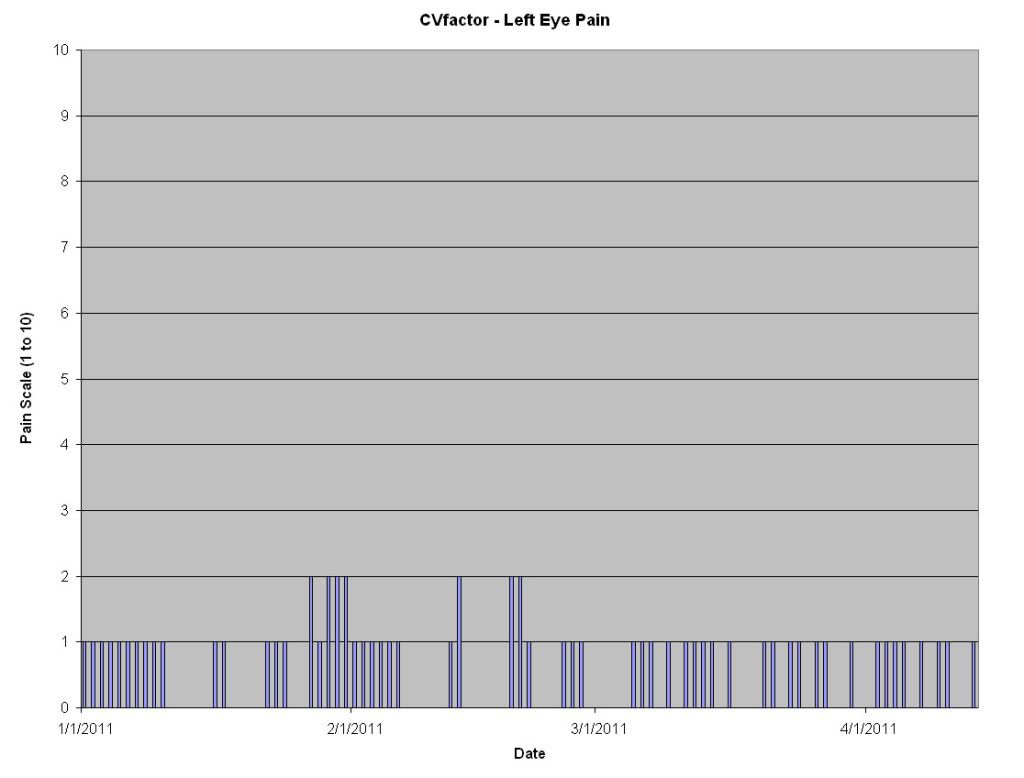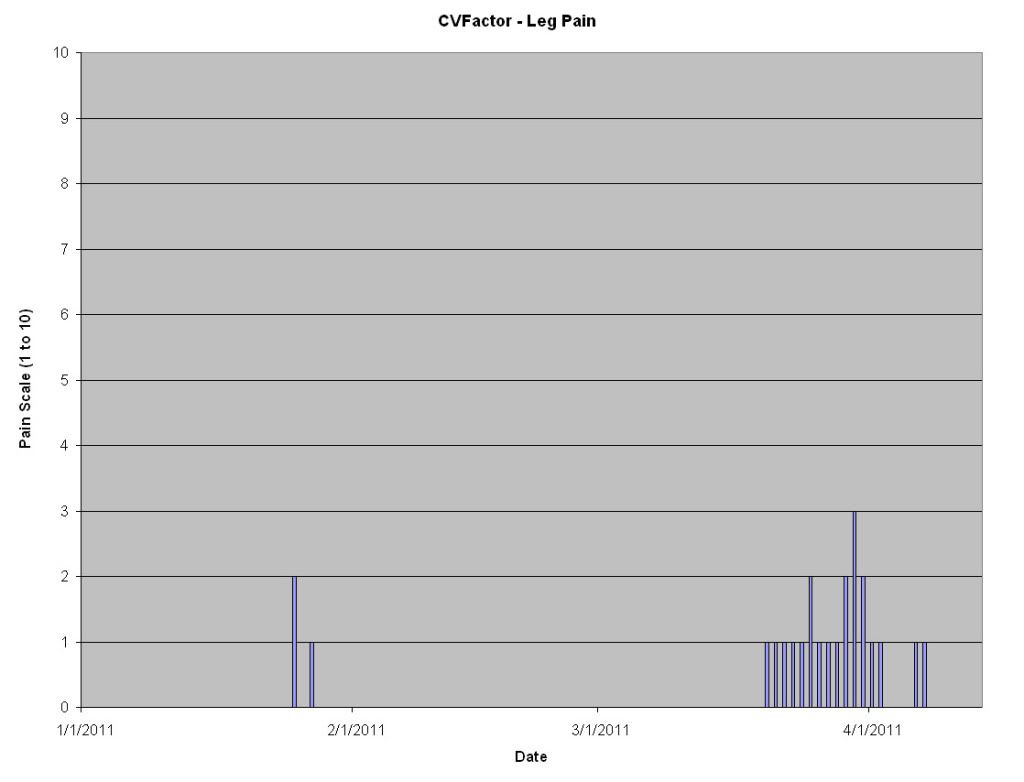It appears that Vitamin D has a role in modulating the immune system, namely the adaptive response of induced regulatory T-cells. It seems that these induced regulatory T-cells migrate to areas of inflamation and shut down inappropriate immune responses.
Here is a paper that describes this:
http://www.ncbi.nlm.nih.gov/pubmed/21723567
Although Vitamin D is best known as a modulator of calcium homeostasis, it also has immune modulating potential. A protective effect of Vitamin D on Multiple Sclerosis (MS) is supported by the reduced risk associated with sun exposure and use of Vitamin D supplements. Moreover, high circulating levels of Vitamin D have been associated with lower risk of MS. To gain more insight into putative regulatory mechanisms of Vitamin D in MS pathogenesis, we studied 132 Hispanic patients with clinically definite MS, 58 with relapsing remitting MS (RR MS) during remission, 34 RR MS patients during relapse, and 40 primary progressive MS cases (PP MS). Sixty healthy individuals matched with respect to place of residence, race/ethnicity, age and gender served as controls. Levels of 25(OH) Vitamin D and 1,25(OH)(2) Vitamin D, measured by ELISA were significantly lower in RR MS patients than in controls. In addition, levels in patients suffering relapses were lower than during remissions. By contrast, PP MS patients showed similar values to controls. Proliferation of both freshly isolated CD4+ T cells and MBP-specific T cells was significantly inhibited by 1,25(OH)(2) Vitamin D. Moreover, activated Vitamin D enhanced the development of IL-10 producing cells, and reduced the number of IL-6 and IL-17 secreting cells. Notably, VDR expression was induced by 1,25(OH)(2) Vitamin D in both activated and resting cells. Interestingly, T cells were able to metabolize 25(OH) Vitamin D into biologically active 1,25(OH)(2) Vitamin D, since T cells express 1α-hydroxylase constitutively. Finally, 1,25(OH)(2) Vitamin D also increased the expression and biological activity of IDO, triggering significant increase in the number of CD4+CD25+ T regulatory cells. Collectively, these findings suggest that 1,25(OH)(2) VitaminD plays an important role in T cell homeostasis during the course of MS, suggesting correction of its deficiency may be useful during treatment of the disease.
And here is an article that describes the regulating role of Vitamin D within the central nervous system:
http://www.ncbi.nlm.nih.gov/pubmed/21862439
High exposure to vitamin D may protect against development and progression of multiple sclerosis (MS), possibly through the immunomodulatory properties of its biologically active metabolite 1,25-dihydroxyvitamin D. So far, most studies on the possible mechanisms for vitamin D involvement in MS have focused on immune modulation outside the central nervous system (CNS). However, vitamin D may also interfere with the pathophysiology of MS within the CNS. In this review, the potential presence and functions of vitamin D in the inflamed and healthy CNS are explored. We discuss that vitamin D, vitamin D binding protein (DBP), the vitamin D receptor (VDR) and enzymes needed for metabolism (CYP27B1) are present in the CNS. Both VDR and CYP27B1 are expressed on a variety of cells, including neurons, glial cells, and invading lymphocytes. Additionally, vitamin D has been postulated to play a modulating role in several key-processes in MS pathophysiology, including inflammation, demyelination, axonal damage, and remyelination. We conclude that a local role of vitamin D in the inflamed CNS is likely and potentially relevant to MS. Future studies should further characterize the impact of vitamin D on the local disease process of MS in the CNS.
From my own point of view, I initially was struck with ADEM which caused me to have serious optic neuritis in my left eye (I would say a pain scale of 8/10) as well as complete paralysis of my lower extremitis.
I recovered from this attack in about six months, but sustained permanent urinary retention and ED.
I continued to have "relapses" that consisted of hand tremmors, optic neuritis (6/10 pain scale), leg weakness, vomiting and double vision. All of these symptoms would come and go and they might not all happen at the same time.
Since I have been on the high dose Vitamin D, the only problems I have had are left eye pain as well as leg pain. These symptoms seem to start-up but then eventually go away in a few days. These symptoms are nothing that I cannot treat and eleviate with Excedrin Migrane and Advil.
Interestingly also, since I have been on this high of dosage, I have not had any colds or flu which I usually get in the winter months. In addition, it seemed I was comming down with a case of a urinary tract infection the other day (it felt like a had to urinate all the time), but these symptoms have completely gone away in two days. I currently have to self catheterize myself and have yet to have a UTI that required me to get antibiotics from my doctor.
So, from all of the information I have read, Vitamin D definitely has seemed to enable my immune system to be more effective at halted these
autoimune system attacks that I used to have as well as preventing me from acquiring viral and bacterial infections.
Here are a few charts that track both the pain behind my left eye (optic neuritis) as well as leg pain:




